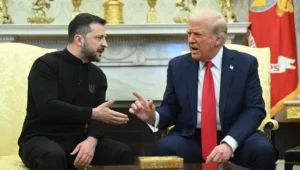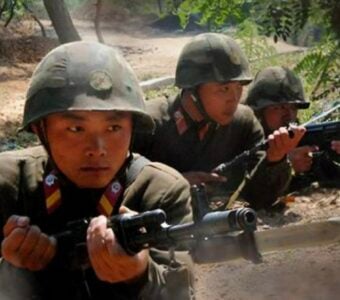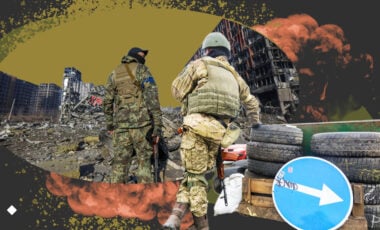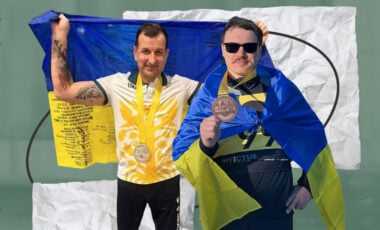Risk of nuclear conflict highest in decades – UN
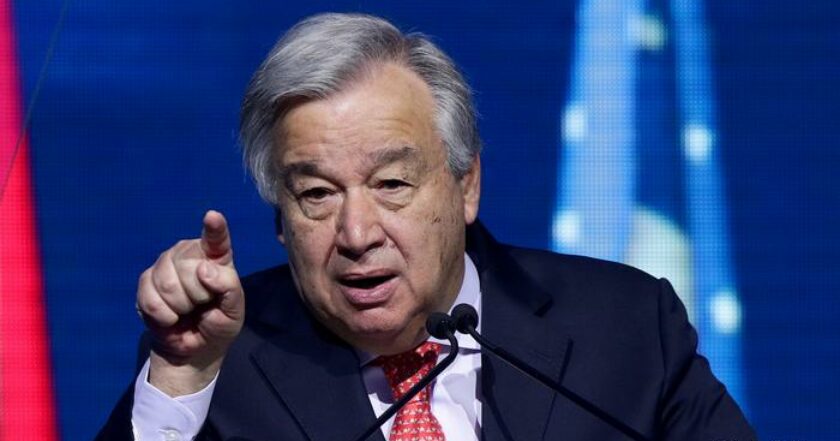
At this time, the risk of a nuclear conflict has become the most serious in recent decades.
UN Secretary-General Antonio Guterres stated at the Security Council meeting in New York.
He believes the "nuclear saber-rattling must stop."
"The nuclear risk has climbed to its highest point in decades," he said.
He noted that countries with nuclear weapons must commit to the "no first use" of those weapons and "assure States that do not have nuclear weapons that they will not use—or threaten to use—nuclear weapons against them, and be transparent throughout."
"We need all States to recommit to a world free of nuclear weapons and to spare no effort to come to the negotiating table to ease tensions and end the nuclear arms race, once and for all," he said.
Guterres also stated that the situation with the Zaporizhzhia Nuclear Power Plant should be resolved through dialogue.
"The same commitment to dialogue and results must be applied to the critical situation at the Zaporizhzhia Nuclear Power Plant. I re-affirm that the United Nations has the logistics and security capacities in Ukraine to support a mission of the International Atomic Energy Agency from Kyiv to Zaporizhzhia," he said.
Earlier, Rubryka reported that President Volodymyr Zelensky held a meeting with UN Secretary-General Antonio Guterres in Lviv. He reported that they agreed to continue coordination in implementing the grain initiative. In addition, they discussed the issue of illegal and forced deportation of Ukrainians from the occupied territories and the release of Ukrainian soldiers and doctors from captivity.
"Special attention was paid to the topic of russia's nuclear blackmail at the Zaporizhzhia NPP. This deliberate terror on the part of the aggressor can have globally catastrophic consequences," Zelensky said.

Zelensky met UN Secretary-General in Lviv, trilateral meeting with Turkish president expected

UN Secretary-General arrives to Lviv
Reference
On August 17, President Volodymyr Zelensky said that Ukraine was ready to ensure proper control and that the IAEA mission could be sent to the captured ZNPP legally and quickly.
As Rubryka reported, on August 5, the russian army fired twice at the Zaporizhzhia NPP. The russians hit the ZNPP with an anti-aircraft missile, hitting a projectile near one of the nuclear reactor's power units. As a result of the second shelling, the station was seriously damaged, and there was a threat of spraying radioactive substances.
Ukrainian President Volodymyr Zelensky, in turn, called the attack on the ZNPP an act of terror and called for sanctions against Rosatom.
On August 11, russian troops shelled Zaporizhzhia NPP 4 times.
At a meeting of the UN Security Council on August 11, the United States indicated that for the safety of the ZNPP, it is necessary to withdraw russian troops from there.
russia's Permanent Representative to the UN, Vasily Nebenzia, did not support the proposal to create a demilitarized zone around the Zaporizhzhia nuclear power plant.
Read Rubryka's daily timeline of war: current news on Ukraine's defense against russia's aggression.



